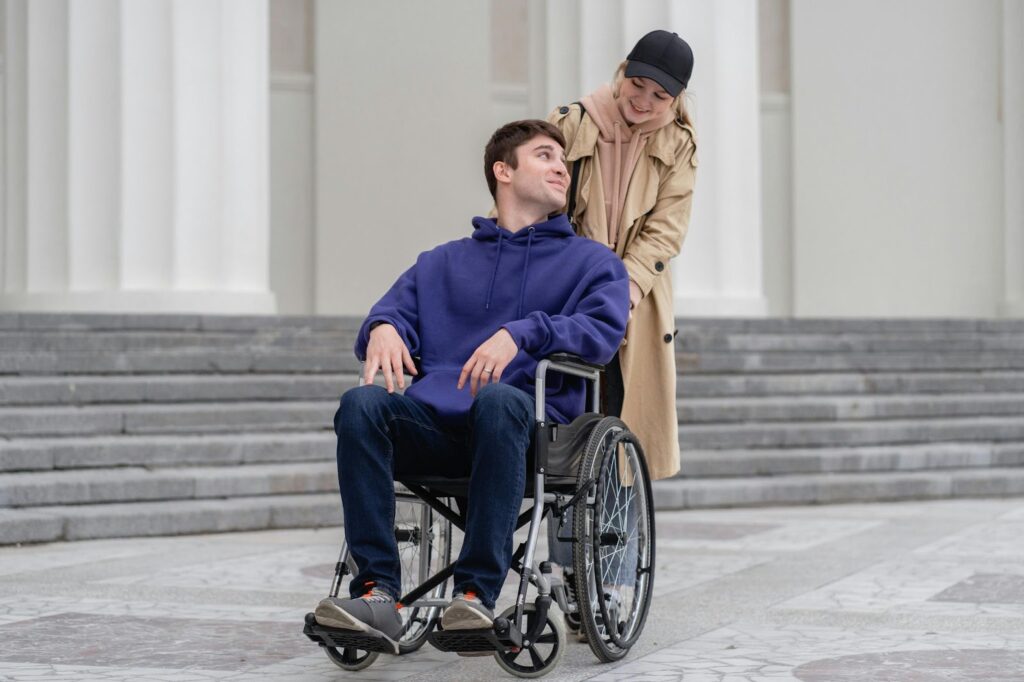
4 Ways to Care For a Loved One With Mobility Issues
Mobility issues have a severe impact on the physical abilities and the mental well-being of an individual. The fear of not being able to move freely or continue their favorite activities can lead to stress and anxiety.
As a caretaker, here are four ways you can offer support to a loved one with mobility challenges:
Make Home Modifications
Mobility issues can make moving from one room to another difficult, leading to a sense of isolation. Consider making these minor adjustments for comfortable living:
- Remove carpets or rugs to avoid tripping.
- Rearrange furniture for a direct path.
- Widen doorways to accommodate wheelchairs.
- Install ramps.
- Install chair lifts for multi-story homes.
- Add grab bars in the bathroom.
- Use non-slip flooring.
- Consider installing a portable, raised toilet seat.
- Install additional lighting, especially in the doorways.
- Replace door knobs with handles.
These changes not only ensure comfort but also the safety of your loved one.
Avail Mobility Aid Services
Mobility aids are nothing short of a blessing. They can increase a patient’s independence and improve their quality of life. However, mobility equipment is prone to wear and tear. A loose wheel or a malfunctioning motor can decrease the functionality of the equipment and could even become a fall hazard.
Avail mobility aid services for regular maintenance. Diagnostic experts will identify the source of the problem and replace worn-out parts, including wheels, tires, motors, armrests, and seat cushions. They will also lubricate moving parts to keep the equipment functioning smoothly. Schedule mobility aids maintenance and cleaning services to avoid costly repairs and sudden breakdowns in the future.
Encourage Them To Do Physical Exercise
Research shows that physical activity is beneficial for people with mobility disabilities. It can strengthen their muscles, improve balance, and increase flexibility. Exercise can help with activities such as standing, walking, and transferring. The health risks of an inactive lifestyle are far more grave for people with mobility challenges.
There is a wide range of exercises your loved one can benefit from, depending on their unique circumstances. This includes:
- Stretching while lying down
- Brisk walking
- Yoga
- Wheelchair aerobics
- Shoulder presses
- Leg or knee raises
Hiring professional help, such as physiotherapists or occupational therapists, is an excellent solution. They can create a tailored exercise plan for your loved one. An occupational therapist helps a patient relearn movement patterns for everyday life to ensure comfort and safety.
Provide Emotional Support
Supporting a loved one with mobility issues goes beyond physical assistance. Research shows that people with mobility challenges experience stress and anxiety due to reduced independence. When a person’s functional capacity to perform everyday tasks is reduced, they may experience isolation and a poor sense of belonging. For caregivers, understanding this emotional distress is critical.
You can offer your loved ones emotional support through words of encouragement. By simply listening to them, you can convey a sense of affection. Encourage your loved one to take part in support groups and community activities. This will help them cope better with the changes in life.
